Exclusive Interview: Bestselling Horror Author Shaun Hutson Talks Us Through His Career

When it comes to the subject of extreme horror, author Shaun Hutson has never shied away from overstepping boundaries of taste and decency. Throughout his long and successful writing career, Hutson has become infamous for creating some of the most vile and disgusting stories you could ever hope to read, and horror fans love him for that. His book Chainsaw Terror was also originally banned by British retailer WHSmith for being too explicit, so nothing is too nasty for Shaun.
Hutson has also holds two unique achievements to his name that will make other horror writers green with envy. Not only was he selected to write the novelization of the first Terminator film back in 1984, but Shaun was also commissioned by legendary British studio Hammer to adapt three of their most well known horror films.
Production company Hereford Films recently purchased the rights to Shaun’s latest horror novel, Chase, so be sure to buy and read the book before the film hits screens. To celebrate the book’s release, we decided to talk to Shaun about everything from how he comes up with his disgusting ideas to his hatred of celebrity culture.
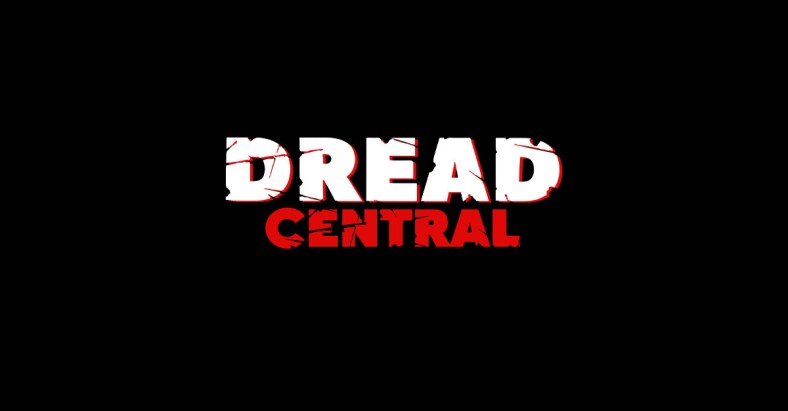
Dread Cental: Can you give us a brief overview of your newly released novel Chase and why your fans will love it?
Shaun Hutson: My latest novel, CHASE, is hard to describe without giving away some crucial plot twists but I’ll give it a go. A married couple and their eight year old daughter are preparing for a once in a lifetime holiday driving across Colorado in an RV but they are unaware that a murderous cult in the area they’re visiting has been slaughtering children due to it’s twisted beliefs. For different reasons, the trip becomes a nightmare. I think it’s probably the darkest thing I’ve written for many years. I got to a certain point during the writing and thought “do I want to put these people through any more of this?” The answer turned out to be yes. But it really is unrelenting for most of the book. My readers will love it because it is the kind of tension, horror and shocks that they’ve come to expect (and more) over the years and I think it will appeal to new readers because of the twists and turns of the story and the fact that it whips along at such a pace.
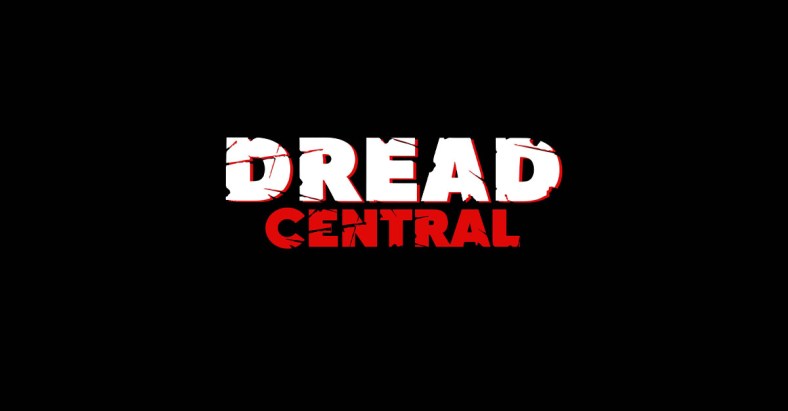
DC: Why does the horror genre appeal to you, and how do you find the experience of writing horror compared to other genres?
SH: The Horror genre has always appealed to me because it has no limits. Or shouldn’t have. There’s nothing you can’t do in a horror story. It doesn’t matter how dark or disturbing the material is, you can examine it and write about it in this genre. I’ve written in several other genres too (thriller, war, western) and always applied the same criteria, that there is nothing off limits but horror just gives you free rein if you want to take it. It also allows me to examine parts of my psyche that other genres don’t. And yes, those parts are dark!
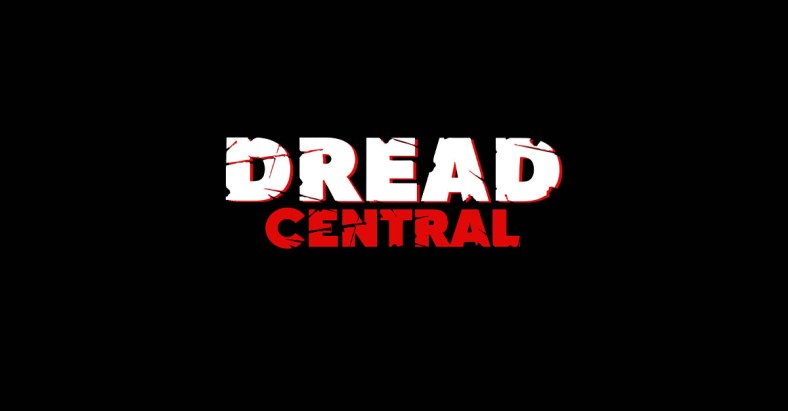
DC: Your books deal with some extreme and disgusting stories. For example, Spawn was about a trio of aborted fetuses that survive being torn from the womb and command a deformed former mental patient to embark on a killing spree, and Victims featured a dead baby being placed in a microwave. So I have to ask, just how do you come up with your ideas?
SH: The ideas, no matter how twisted, just seem to come to me. I suppose I was blessed with a warped mind! I never sit down and try to think of something shocking or revolting. If you do that it looks contrived and clunky. But if I think of something and I think it works then I’ll use it. No matter how warped and revolting it might be. Sometimes I’ve sat back after writing a scene and thought “wow, where did that come from?” (I did that a couple of times in CHASE) but I’ve only ever cut things myself three or four times. In the past, editors have suggested or demanded cuts but I usually resist if I think what I’ve done is necessary. As I said earlier, it’s horror for Christ’s sake, there should be no limits. Having said that I did stop myself from writing a scene in the book I’ve just finished, TESTAMENT (due out next year). I even shocked myself.
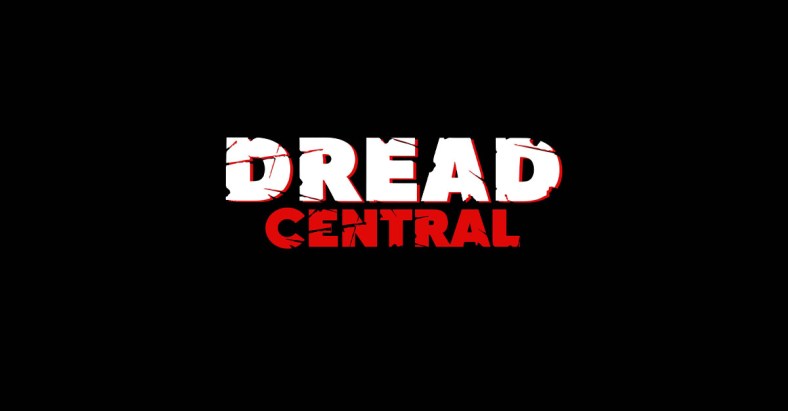
DC: And can you describe the process of going from having a rough idea in your head to a completed manuscript?
SH: Ideas come to me all the time but how and if I eventually get them onto paper varies. Ideas I might not use now might be useful in two years’ time. Something that doesn’t work in one book might work in another. I used to have a huge lever arch file where I wrote down every idea, no matter how thin. Most were never used but it was comforting knowing they were there. Once I’ve settled on an idea I plan it out from start to finish (I used to anyway, I tend to write a bit more instinctively now. I write it then go back and change it accordingly).
I re-write much more now than I used to. I don’t know why. I still write pretty quick because I think that speed transmits itself to the printed page (well, hopefully). Also, I don’t like taking too long on each book because if I get bored then so will the readers! I do all the research, all the notes and everything then just sit down and let rip.
DC: Is it difficult to write about believable characters in such extreme scenarios?
SH: I think having believable characters in unbelievable situations is how you make horror work. If the characters aren’t identifiable to readers then you’ve got no chance of making them immerse themselves in the story. If your characters are strong enough and sympathetic enough then readers will go with you and if something happens to those characters it will have an added effect.
DC: You’re known for your hatred of celebrity culture, something you explored in your book Warhol’s Prophecy. Can you elaborate on this?
SH: If I elaborate too much on my hatred of celebrities and celebrity culture it would take up the entire interview!!! The best definition of a celebrity I ever saw was by Barry Humphries who said that “a celebrity is a non-entity that got lucky.” I despise this worship of nobodies basically. Anyone who’s been on TV is called a celeb. Anyone who’s got more than 10 subscribers on Youtube is an internet celebrity! Give me a fucking break. If someone has a talent for music, writing, acting, painting etc. then fair enough but morons on Reality TV and it’s ilk have no fucking talent at all.
You’re supposed to achieve a measure of celebrity by being good at something, not by just being called a ‘celebrity.’ The X-Factor and Simon Cowell’s other shit programmes have already done untold damage to the music business and that celebrity cancer is spreading. The people who enter The X-Factor don’t want to be musicians, they want to be celebrities. All these auto-tuned wannabes are destroying music. Every other programme on TV is “Celebrity” this or “Celebrity” that. I’d like to see “Celebrity Surgery” where some idiot who thinks they’re a celeb undergoes an operation on prime time TV which hopefully fails! I’d watch Celeb Big Brother if they’d just lock the fuckers in that house and let them starve to death.
I particularly hate the way publishers have made it difficult for ‘real’ writers by publishing so much ghost written garbage with celebs names on it. I honestly believe the time will come when the only books in a bookshop will be by so-called celebs. A real writer sits down and suffers for months or years with an idea and turning it into a book and then probably gets paid very little once it’s published but a publisher approaches a so-called celeb with huge amounts of money and gets them to put their name on a book! That’s not how it’s supposed to work. Anyone who calls themselves a celebrity should be fucking killed. Yes, I am passionate in my views…
DC: Your book Chainsaw Terror, which you wrote under the name Nick Blake, was temporarily banned by British retailer WHSmith for having the word ‘chainsaw’ in the title. The book was then heavily cut and released under the new title Come the Night. This must have been frustrating for you at the time?
SH: Chainsaw Terror was originally going to be part of a trilogy! To be followed by Chainsaw Bloodbath and Chainsaw Slaughter (all subtle stuff..) but when the first one was banned that fucked up the other two. I was told by an editor at the time to write a novel about a nutter with a chainsaw and to go as far over the top as possible. Big mistake! I finished the book in about 20 days and a week later got a call from the editor saying they’d got to cut about 30 pages because they hadn’t thought anyone could go quite as far over the top as I’d gone! I was disappointed that it had to be cut but there was nothing I could do and if the cuts hadn’t been made the whole book would have been junked. I had similar problems with DEADHEAD a few years later which was also banned by W.H. Smith for various reasons involving extreme violence and the fact it was about using children in snuff movies. You just never know what people are going to react to but it’s no good sitting there and thinking “should I do this or not?” Just do it. If someone reacts badly to what you’ve written then at least you’ve still had a reaction. Someone hating what you write is better than indifference…
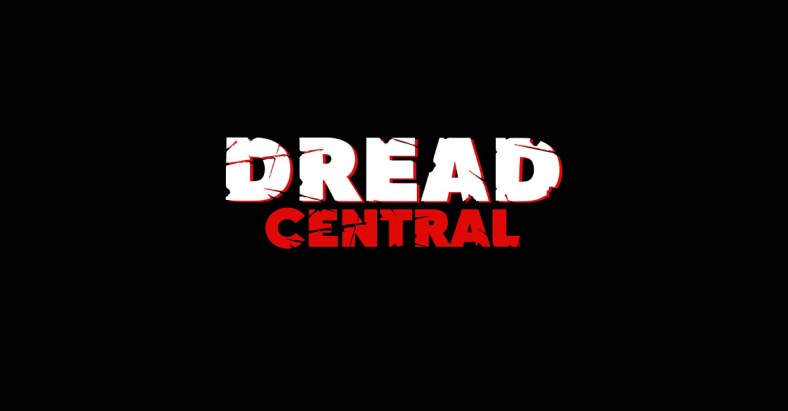
DC: The rights to Chase were recently purchased by Hereford Films, so we might finally be getting a decent screen adaptation of one of your books. The only other film adaptation of one of your books was 1988’s Slugs, which you were not too fond of. Can you describe why you’ve had such a difficult relationship with Hollywood and if you think we’ll be seeing more adaptations of one of your books?
SH: I’m hoping that CHASE (and also ASSASSIN which they’ve bought too) mark the beginning of an upsurge of ‘film interest’ in my books. I’ve always thought they were very cinematic over the years but I think some of the subject matter has frightened people off which is fucking stupid when you see some of the things being put on screen. It is frustrating because films and TV is where the real money is. I’m not the kind of author who’s so precious about his work that he demands to write the scripts etc. (although I have written the screenplays for CHASE and ASSASSIN) and if someone wants to give me an obscene amount of money for the rights then they can happily go and make musicals of all my work! Readers aren’t stupid enough to think that a film is bad because it’s based on a bad book. The two mediums are so different. What works in print might not work on film, I’m fully aware of that and always have been. I just need some producers with balls. There must be some out there somewhere!
DC: You signed a deal with Hammer Horror to write novelizations of some of their films. As Hammer are the face of British horror for many genre fans, I imagine that must have been quite an honor?
SH: Doing the novelizations for Hammer was great. I’d grown up with Hammer films and always loved them so when I got the chance to do three of their films as books I jumped at it. They were originally going to do every one of their films as a novelization but that didn’t come off unfortunately. I was determined not to mess about with the three I did too much. I updated “X-The Unknown” because I didn’t think that the themes of nuclear power etc. were so relevant now as they were in the 50’s when it was made but I left the basic structure and characters alone. I added scenes and characters and expanded on what was already there in all three to try and put my own ‘stamp’ on the books but it was a real privilege doing those. I’d love to have done “Brides of Dracula”, “Frankenstein Created Woman” and “Plague of the Zombies,” but it wasn’t to be. Maybe one day…
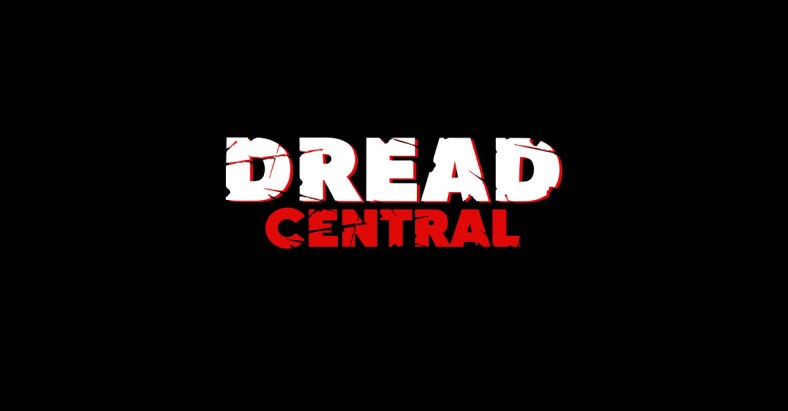
SH: You also wrote the novelization for the first Terminator movie all the way back in 1984. How do you feel about the direction of the franchise since then?
SH: I was delighted to do the novelization for The Terminator. I hardly added anything to that. Just followed the script and expanded scenes etc. I know this is probably heresy but I’m not really a huge fan of the film or the franchise to be honest. I think they should have stopped after number two! It was a great idea and well executed but, like all successful franchises, it just doesn’t know when to call it a day! But what do I know? James Cameron is a multi-millionaire and I’m not so we can all see who knows what they’re talking about can’t we?
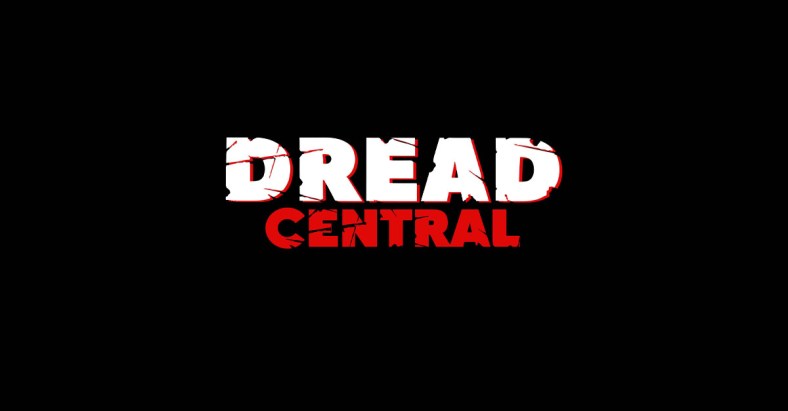
DC: Are there any little known and hard to find books in your back catalogue that you would encourage readers to track down?
SH: I did so many novels under pseudonyms earlier in my career including the Westerns and War novels (all of which are shortly being re-published digitally by a publisher called Endeavour) but of my own books I’d still recommend THE SKULL for readers. It was the first horror book I had published (even before SLUGS) and I think it’s still a decent story with some good scenes. I enjoyed writing all the books for different reasons so it’s hard to recommend anything in particular. I still get a huge buzz out of people reading and re-reading the early books and telling me how much they enjoyed them. The stories still hold up I think and that’s the main thing.
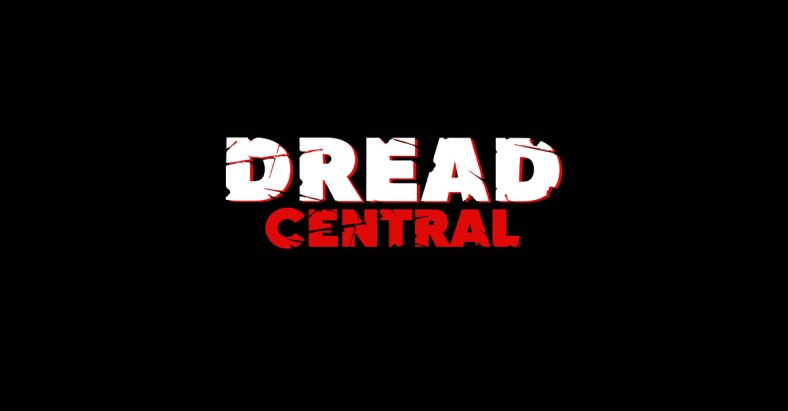
DC: What’s next for you?
SH: The next thing for me is…lunch. I’ve just finished a new book called TESTAMENT which sees the return of Sean Doyle and is a sequel to RENEGADES nearly thirty years after the events of that book. I’ve done other books with Doyle in (readers seem to like him) but this one is a direct sequel. I’m also about a quarter of the way through another book (I’ve always got something on the go) as well as having done the scripts for CHASE and ASSASSIN and a number of short scripts for a TV series but I hate talking too much about things until the contract is signed or the cheque has cleared…ha, ha.. I always try to have something to work on. It stops me going completely insane…
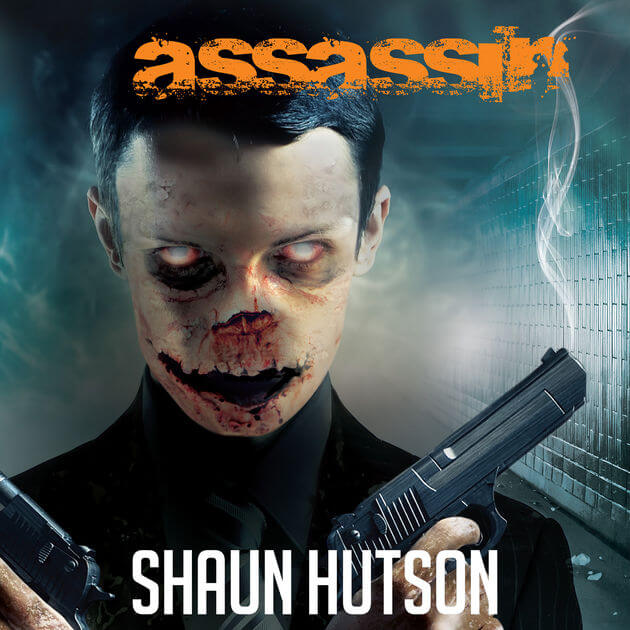
Categorized:News

